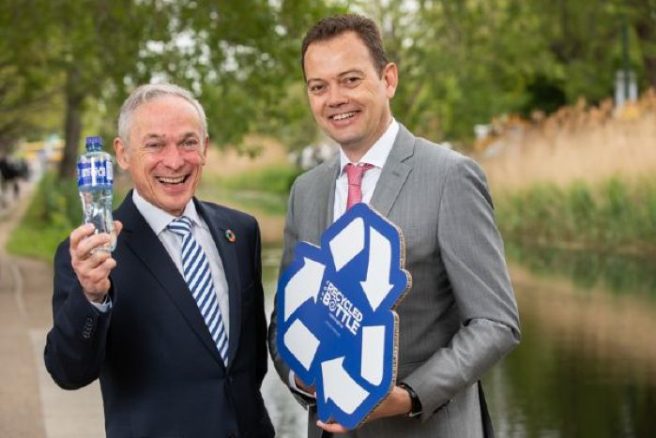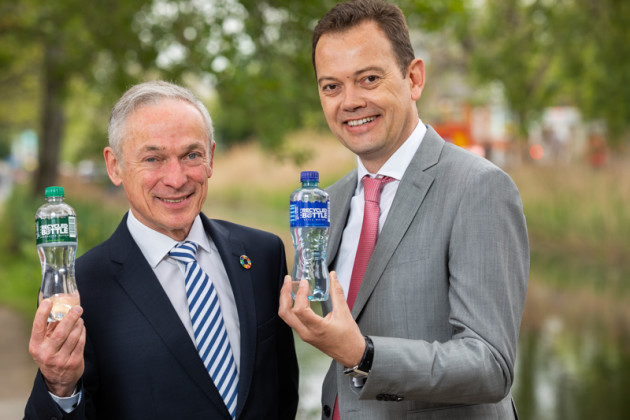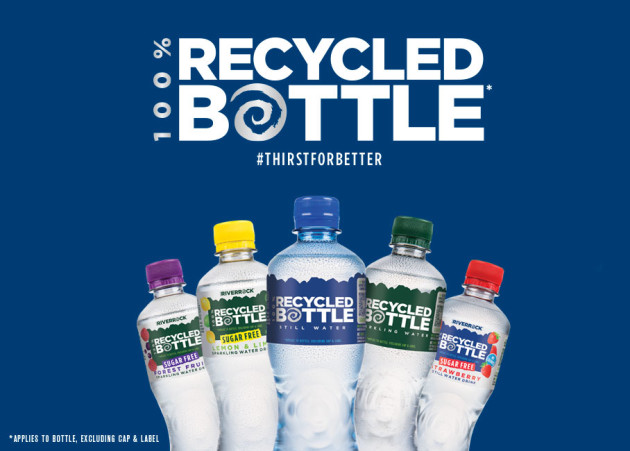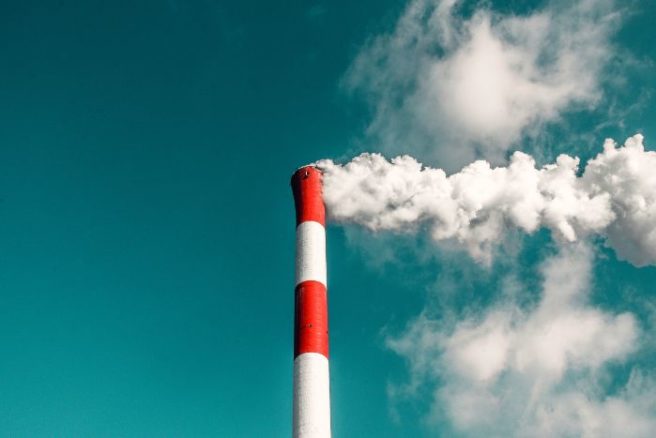By Amy Donohoe
Ireland is the second worst country in Europe when it comes to tackling climate change, with Poland last according to a report published by Climate Action Network Europe.
The report looks at how countries perform in reaching their targets. It looked at the aims and progress made by the 28 EU countries fighting climate change.
Ireland ranked at 28th. Sweden is ranked second as they are on track to meeting their climate and energy targets for 2020, and they have a vast amount of renewable energy. We are set to miss our 2020 climate and renewable energy targets and we’re also off-course for the 2030 emissions target.

Ireland will face annual non-compliance costs of around €500 million if efforts are not made to cut emissions. The top position of the ranking is uninhabited as all EU countries are off target and are failing to increase their climate action in line with the Paris Agreement goal, according to CAN Europe.
They also advised EU countries to urgently and substantially increase its action. Green Party leader Eamon Ryan blames a lack of political will.
“We're shamed, we're right down at the bottom of the latest league table,' he said. 'The main reason is not that Irish people aren't good at this or Irish people don't want to do it, it's lack of ambition in government. It's lack of our government within European Union and elsewhere pushing for higher targets, pushing for ambition. We can turn this around, all that's missing is political will.”
Ryan also said: ”We want that Committee to focus on what the public sector can do and to influence the drafting of the new National Energy and Climate plan, which we have to present to the EU in the next year.”
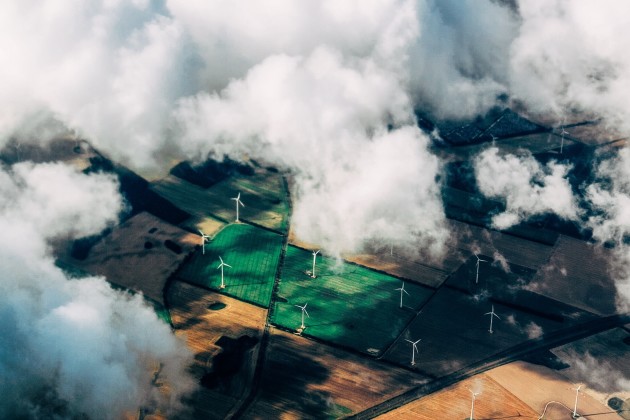
Transport and agriculture emissions are significantly increasing. Ireland have failed to prepare effective policies to place near-term climate action with EU and Paris Agreement commitments. CAN Europe recommends that Ireland stop using peat in electricity generation by 2019 and coal use by 2025.
Back in April, The Citizens Assembly published a report that makes a number of suggestions on how Ireland should tackle climate change, such as higher taxes and increased public transport. The Assembly made the following 13 recommendations by majority vote:
97% of the Members recommended that to ensure climate change is at the centre of policy-making in Ireland, as a matter of urgency a new or existing independent body should be resourced appropriately, operate in an open and transparent manner, and be given a broad range of new functions and powers in legislation to urgently address climate change.
100% of the Members recommended that the State should take a leadership role in addressing climate change through mitigation measures, including, for example, retrofitting public buildings, having low carbon public vehicles, renewable generation on public buildings and through adaptation measures including, for example, increasing the resilience of public land and infrastructure.
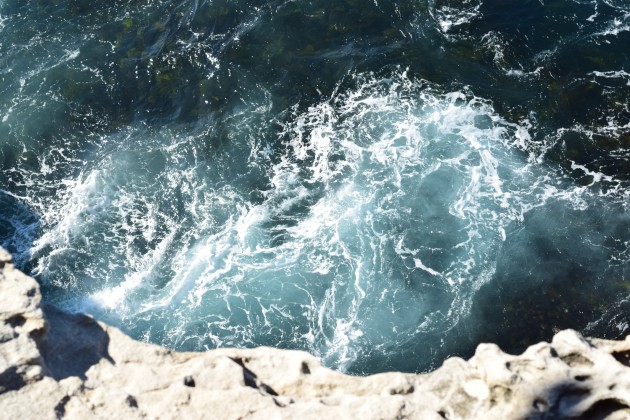
80% of the Members said they would be willing to pay higher taxes on carbon intensive activities. 96% of the Members recommended that the State should undertake a comprehensive assessment of the vulnerability of all critical infrastructure (including energy, transport, built environment, water and communications) with a view to building resilience to ongoing climate change and extreme weather events. The outcome of this assessment should be implemented. Recognising the significant costs that the State would bear in the event of failure of critical infrastructure, spending on infrastructure should be prioritised to take account of this.
99% of the Members recommended that the State should enable, through legislation, the selling back into the grid of electricity from micro-generation by private citizens (for example energy from solar panels or wind turbines on people’s homes or land) at a price which is at least equivalent to the wholesale price.
100% of the Members recommended that the State should act to ensure the greatest possible levels of community ownership in all future renewable energy projects by encouraging communities to develop their own projects and by requiring that developer-led projects make share offers to communities to encourage greater local involvement and ownership.
97% of the Members recommended that the State should end all subsidies for peat extraction and instead spend that money on peat bog restoration and making proper provision for the protection of the rights of the workers impacted with the majority
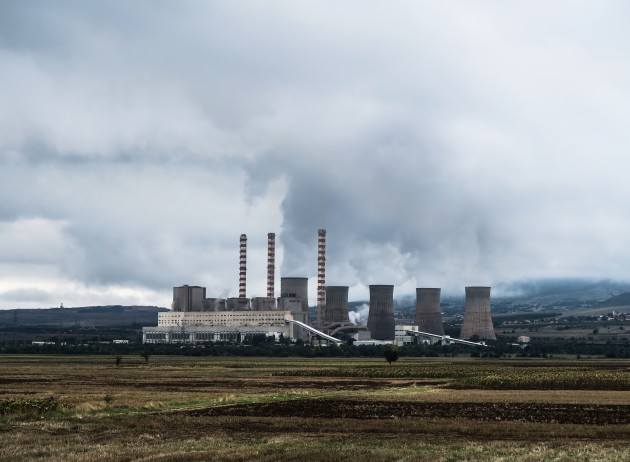
61% recommending that the State should end all subsidies on a phased basis over 5 years.
93% of the Members recommended that the number of bus lanes, cycling lanes and park and ride facilities should be greatly increased in the next five years, and much greater priority should be given to these modes over private car use.
96% of the Members recommended that the State should immediately take many steps to support the transition to electric vehicles.
92% of the Members recommended that the State should prioritise the expansion of public transport spending over new road infrastructure spending at a ratio of no less than 2-to-1 to facilitate the broader availability and uptake of public transport options with attention to rural areas. 89% of the Members recommended that there should be a tax on greenhouse gas (GHG) emissions from agriculture. There should be rewards for the farmer for land management that sequesters carbon. Any resulting revenue should be reinvested to support climate friendly agricultural practices.
93% of the Members recommended the State should introduce a standard form of mandatory measurement and reporting of food waste at every level of the food distribution and supply chain, with the objective of reducing food waste in the future.
99 % of the Members recommended that the State should review, and revise supports for land use diversification with attention to supports for planting forests and encouraging organic farming.
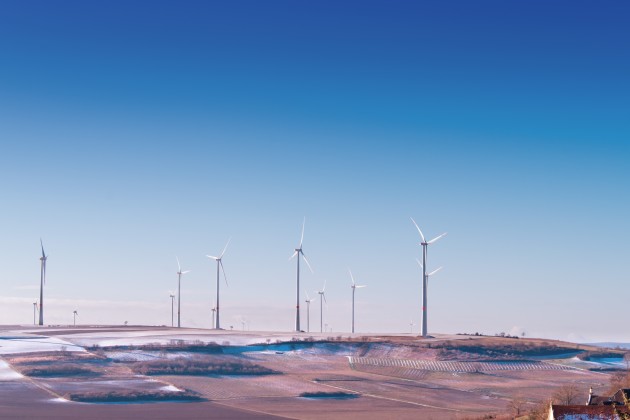
The Green Party has welcomed the publication of the report, saying that the findings advertise the government urgently need to take strong climate action. Efforts will need to be made locally and internationally by governments, public agencies, businesses, industries, communities and individuals if we hope to combat climate change.
Achieving major reductions in the use of fossil fuels is essential if Ireland is to secure the major cuts being sought in GHG emissions. Our leaders need to apply policies for a cleaner and more sustainable country. If the world successfully reduces emissions, it will take the Earth time to recover from the greenhouse gases already in the atmosphere.So we will be still suffer with the climate change impact for the next 50 years.
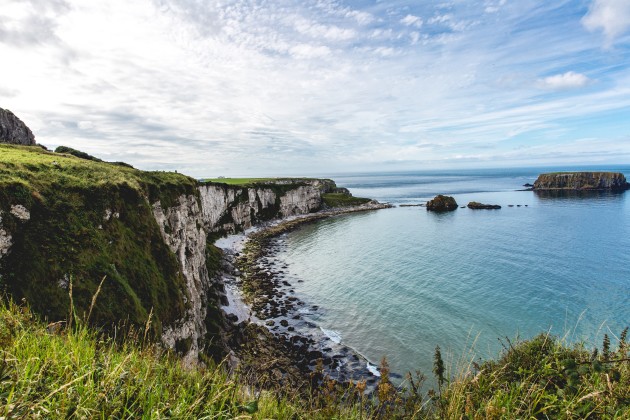
Weather patterns are changing due to climate change, which is causing problems for many people. In Ireland there an increase in average temperatures, rainfall and a reduction in the number of frost days. In the future there will be more extreme weather, water shortages in summer and an increase in flooding which will impact on plants, animals and marine life.
Small changes can make a big difference to the environment such as leaving your car at home even one day per week and cycling or walking instead. This will reduce greenhouse gases and help to improve your health.
Ireland’s Environmental Protection Agency have this advice on their website about what we can do to protect our environment.
AIR & CLIMATE
• Turn down the heat especially at night and when away from home.Turning your thermostat down by 1oC will cut your heating bill by up to 10 per cent
• Turn off lights in empty rooms and when away from home
• Buy the most energy-efficient household appliances you can afford. ‘A’ rating appliances are most energy saving
• When making tea or coffee only boil as much water as you need • Buy locally produced or grown items where there is a choice – they don’t require the transportation energy of imported goods • Most energy loss in homes is through poorly insulated lofts, walls and windows – instal more insulation and draft-proof your home • Use renewable energy such as solar energy, heat pump systems and wood fuel for your heating needs and reduce reliance on fossil fuels • Choose a car with a smaller engine capacity or with the best fuel efficiency. In general, the smaller the car, the lower the CO2 emissions will be
WASTE
● Be conscious that buying products generates waste so buy only what you need
● Take unwanted, reusable items to a charitable shop such as clothes and toys or return items to businesses/shops
● Buy loose produce (fruit and vegetables) whenever possible and avoid over-packaged convenience food
● Recycle everything you can such as cans, glass, paper and cardboard, plastic, and clothes via home recycling schemes or local bring banks and send less waste to the landfill
● Use local authority ‘drop-off’ facilities for waste oil, batteries or bigger items such as computers
● Return old electrical goods to retailers when buying new electrical goods as defined under the Waste from Electrical and Electronic Equipment (WEEE) Regulations
● Start a compost or worm bin for kitchen waste and garden clippings. As well as reducing the amount of waste going to landfill, you will have your own organic compost which will improve soil health
NATURE
● Be conscious of conserving sensitive habitats when undertaking new developments.
● Avoid picking wild plants or flowers and disturbing wildlife.
● Throw litter in rubbish bins not the countryside.
● Get involved in conservation projects.
● Plant native trees to absorb the greenhouse gas, carbon dioxide from the air.
● Avoid using chemical pesticides and herbicides in your garden – use natural products/means instead.
WATER
● Use environmentally safe cleaning products to reduce the impact of chemicals on water and dispose of unwanted chemicals, solvents and oils responsibly
● Conserve water and reduce the generation of wastewater by repairing any leaks or dripping taps in your home as dripping tap can waste up to 90 litres of water a day
● Use a basin when washing dishes – it can save up to 10 litres every time
● Run your washing machine and dishwasher only with a full load
● Wash your car with a bucket of water as it will take 10 litres on average. A hose pipe will use 9 litres per minute
● Collect rainwater for watering your plants
